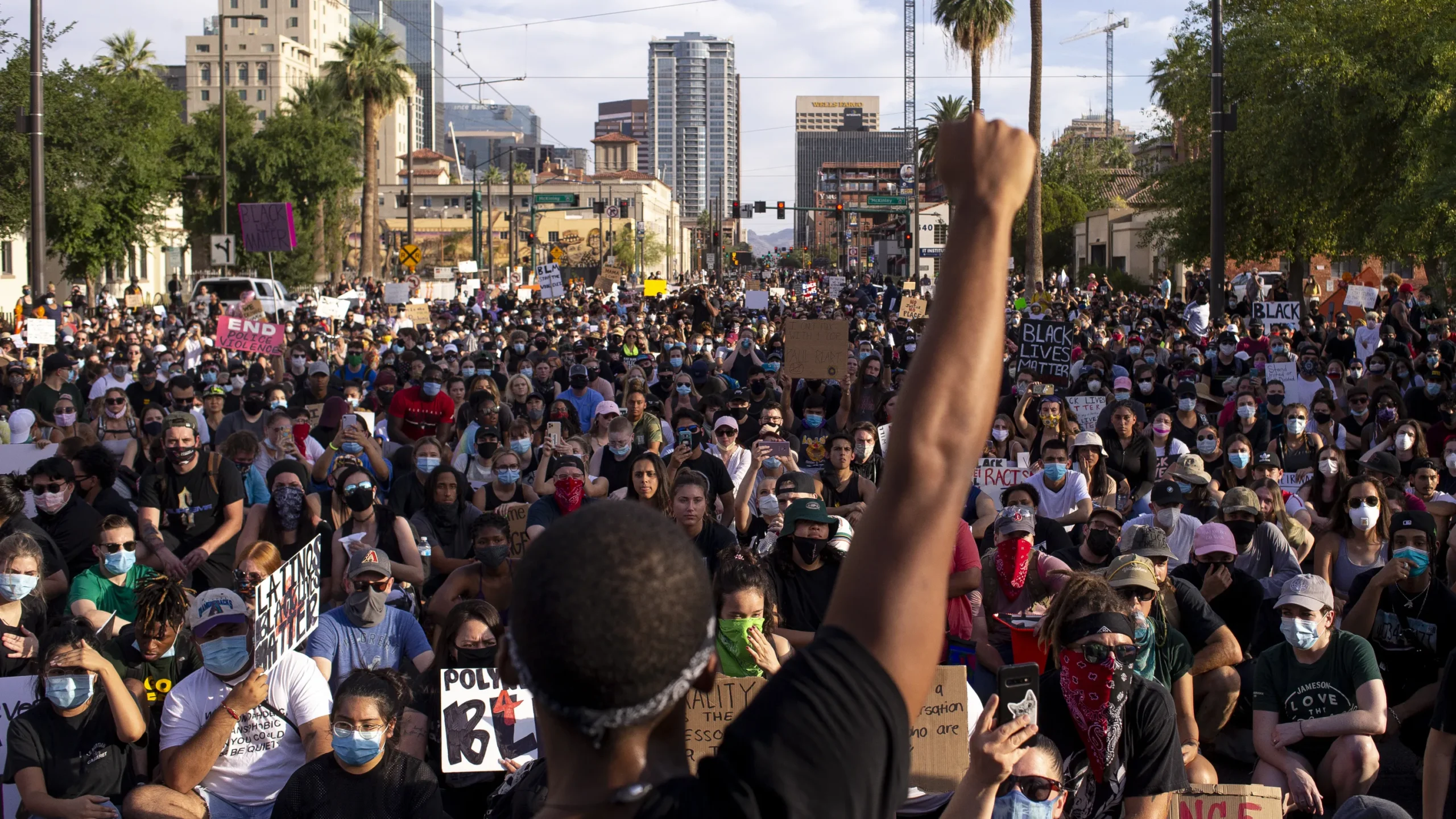The personal side of society
DEFINITION
A personal, necessary, and desirable aspect of an individual’s lifestyle.
EXPLANATION
| CLARIFICATIONS A valuable item or experience such as money, status, arms, and sex. Things that we all deem as important to our societal livelihood as they can affect our personal choices and experiences. Including yet not limited to, love and relationships, including sex; money and financial connections; and personal or professional groups or networks. |
| EXEMPLIFICATIONS Within a given group or network, the collective sum of individual choices becomes the collective group choice. Thus, reinforcing individual choice. Social Control Mechanisms (SCMS) have gravitational features. SCMs can and usually do affect other SCMs. IE. money frequently affects arms and sex; while status affects money and sex. Although they have a natural way to maintain equilibrium, people are always trying to unnaturally control SCMs for their own profits. Most of society is aware of this fact and reluctantly acknowledges it as a disingenuous facet of our societal experience. Hence, no one wants to experience a lack of SCMs as recovery may not happen. Hindrance of SCMs is a defining aspect of inequities. |
| AFFIRMATIONS Due to everyone possessing a personal side of society, it can be argued SCMs are the most influential aspects when measured on a full spectrum of control. |
| CONSIDERATIONS N/A |
THESIS
Social Control Mechanisms are the most influential factors of the personal sides of society.
EQUAL ADVANCED RESEARCH & DEVELOPMENT (EARD) OBJECTIVES
- Identify and quantify the parameters of SCMs.
- Identify and quantify the factors that could affect SCMs.
- Establish effective methods to ensure SCMs are responsibly managed.
TECHNICAL WRITING BY:
D S Reid
